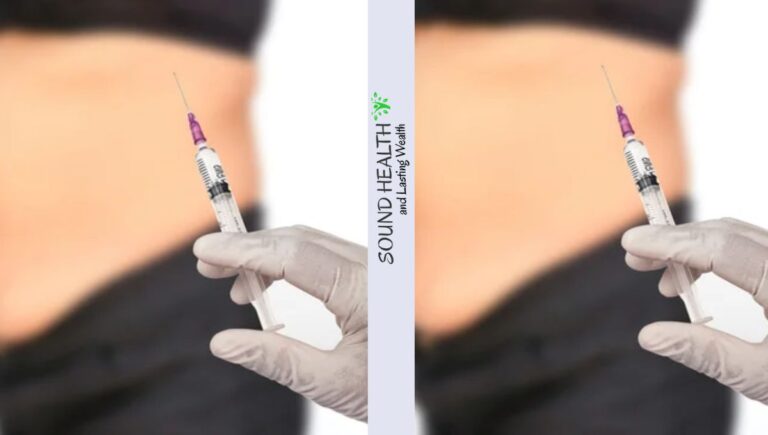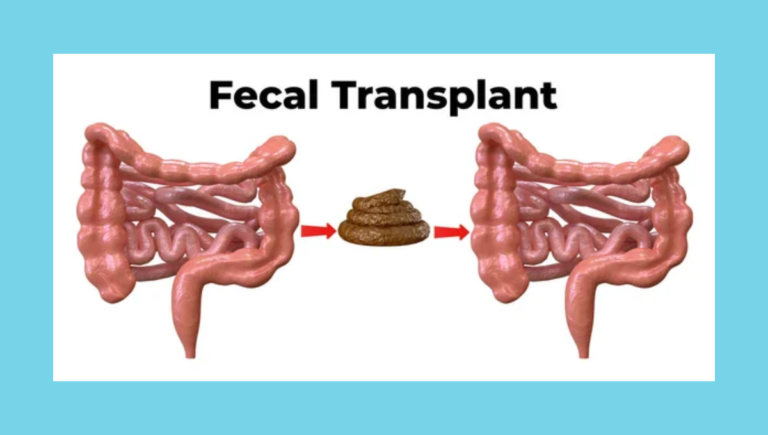Maggi instant noodles do not have a high nutritional value and are unhealthy when eaten frequently. The noodles are high in calories primarily due to carbohydrates and fats. They also lack essential nutrients, protein, fiber and vitamins.
Maggi is made from refined flour which has no nutritional value. It can cause obesity if consumed in excess. These noodles contain a lot of sodium which can cause high blood pressure or other health problems. Maggi contains trans fats that can cause heart disease and increase bad cholesterol. Maggi contains preservatives such as Monosodium Glutamate, which may enhance the flavor of the product but have long-term negative effects on your health. Maggi consumption daily or more often than once per week is linked to increased risks of high blood pressure and other health problems, including diabetes, heart disease and stroke. Eating Maggi once or twice a week is safer than eating it every day. To improve the nutritional value of Maggi, it is recommended that vegetables, lean beef, and tofu be added.
Calories per serving of Maggi noodles and recommendation
Maggi noodles are high in calories, lacking essential nutrients and posing health risks. It is therefore not recommended that you consume more than 1 serving per day. Maggi noodles are approximately 70-80 g of dry noodles. Each serving contains between 290 and 350 calories, which can lead to weight gain or other health problems if consumed regularly. The exact calorie content can vary depending upon the flavor and formulation. Maggi 2-Minute noodles, for example, contain approximately 310 calories in each packet. For a healthy diet it is best to consume Maggi in moderation and add vegetables, lean beef, and tofu.
Note that the figures on the packaging may differ slightly. It is best to always check the nutrition label for the most accurate information.
What are the health risks and side effects of instant noodles?
- Poor diet quality: Instant noodles have a high sodium and MSG content and are low in nutrition. The consumption of instant noodles is associated with poor diet quality, increased risk of metabolic disease and stroke, as well as heart disease and diabetes. Harvard University researchers reported that women who consumed instant noodles more than twice a week had a 68% increased risk of metabolic syndrome.
- Does Not Contain Essential Nutrients These foods are deficient in important nutrients such as vitamin A, C, B12, magnesium, potassium, calcium and vitamin C. Also, they are low in protein and fiber. This may make them an unsuitable option for a healthful diet.
- MSG & TBHQ Instant noodles contain a lot of monosodium glutamate (MSG), tertiary-butylhydroquinone(TBHQ), and other chemicals that have adverse effects on health in high doses. These include headaches, blood pressure problems, and a poor diet.
- Weight gain: Instant noodles, despite being low-calorie, may not make you full, and may lead to an increased intake of calories that may contribute to weight loss.
- High blood pressure: A high sodium diet can cause blood pressure to rise, causing heart disease, stroke and kidney problems.
- Bloating & Water Retention: An excess of sodium can cause the body to retain more water. This leads to bloating & puffiness.
- Reduce Nutrient Absorption Refined carbohydrates interfere with the absorption key nutrients from other food, leading to possible deficiencies.
- Unhealthy Cholesterol Levels Some instant noodle products contain unhealthy fats that are linked to unhealthy cholesterol levels.
- Stomach Cancer Risk: Some research suggests that frequent consumption of instant noodles may increase the risk of stomach carcinoma, but more studies are needed.
- Impact on Mental Health: Research suggests that a diet high in processed food may increase the risk of depression or anxiety. More research is required to confirm the direct link between instant noodles and mental health.









+ There are no comments
Add yours